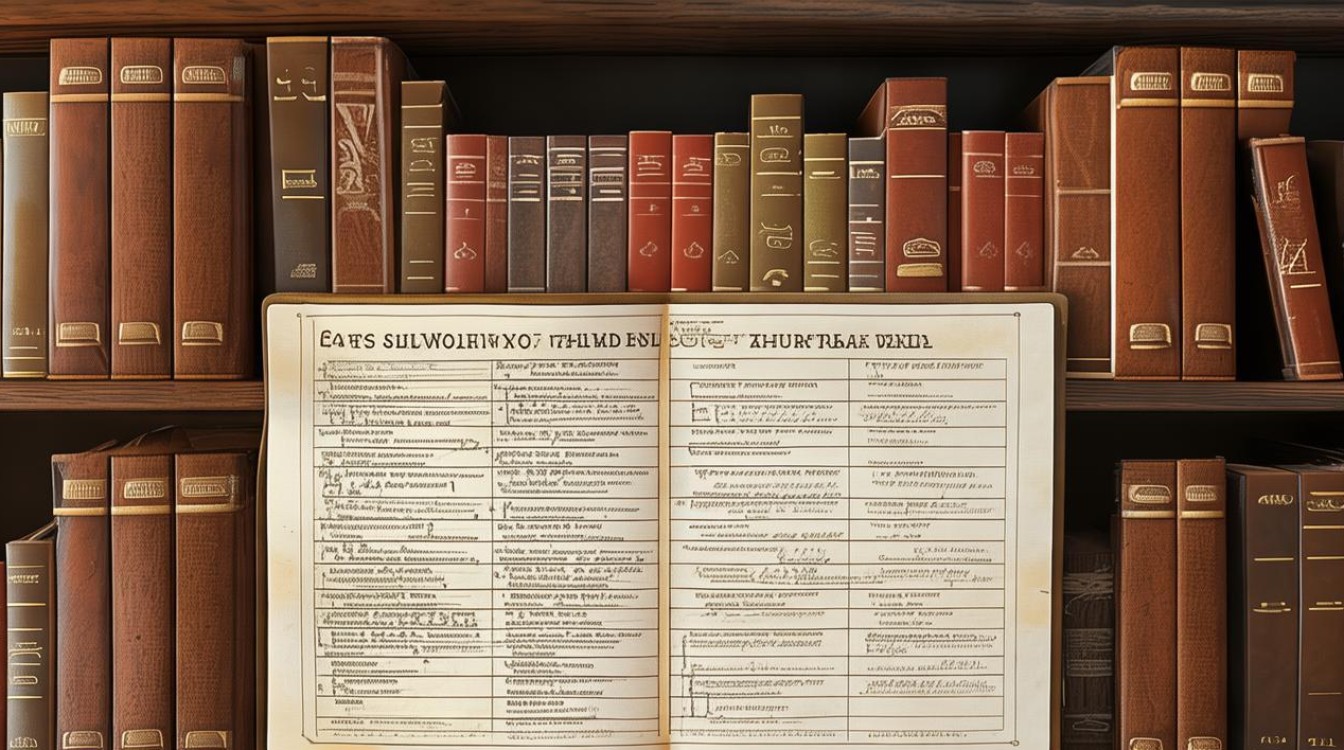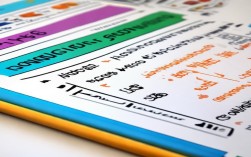动词(Verbs)
be(am/is/are)
用法: 作为系动词,用于描述状态、身份或特征。

- 例句:
- I am a student.(我是学生。)
- She is happy today.(她今天很开心。)
- They are in the classroom.(他们在教室里。)
注意: 过去式为 was/were,如:He was at home yesterday.(他昨天在家。)
have/has
用法: 表示“拥有”或构成完成时态。
- 例句:
- I have a new book.(我有一本新书。)
- She has a cat.(她有一只猫。)
- We have finished our homework.(我们已经完成了作业。)
注意: 第三人称单数用 has,其他人称用 have。
do/does
用法: 作为助动词构成疑问句或否定句,也可作实义动词表示“做”。
- 例句:
- Do you like apples?(你喜欢苹果吗?)
- She does not play football.(她不踢足球。)
- I do my homework every day.(我每天做作业。)
注意: 第三人称单数用 does,其他人称用 do。
名词(Nouns)
school
用法: 指“学校”,可搭配不同动词使用。

- 例句:
- I go to school by bus.(我乘公交车去上学。)
- Our school has a big library.(我们学校有一个大图书馆。)
family
用法: 指“家庭”或“家人”,注意单复数区别。
- 例句:
- My family is small.(我的家庭很小。)
- My family are watching TV.(我的家人们正在看电视。)
注意: 强调整体时用单数动词,强调家庭成员时用复数动词。
time
用法: 表示“时间”或“次数”。
- 例句:
- What time is it?(现在几点了?)
- I have been to Beijing three times.(我去过北京三次。)
形容词(Adjectives)
good
用法: 表示“好的”,可修饰人或物。
- 例句:
- She is a good student.(她是个好学生。)
- This is a good book.(这是一本好书。)
比较级:better(更好的),最高级:best(最好的)
happy
用法: 表示“开心的”,反义词是 sad。

- 例句:
- I feel happy today.(我今天很开心。)
- The children are happy to see the snow.(孩子们看到雪很开心。)
big/small
用法: 分别表示“大的”和“小的”。
- 例句:
- This room is big.(这个房间很大。)
- That is a small dog.(那是一只小狗。)
介词(Prepositions)
in
用法: 表示“在……里面”或“在……时间”。
- 例句:
- The book is in the bag.(书在包里。)
- I was born in 2010.(我出生于2010年。)
on
用法: 表示“在……上面”或“在……日期”。
- 例句:
- The pen is on the desk.(钢笔在桌子上。)
- We have a test on Monday.(我们周一有考试。)
at
用法: 表示“在……地点”或“在……时刻”。
- 例句:
- She is at home.(她在家。)
- The class starts at 8:00.(课程8点开始。)
代词(Pronouns)
I/you/he/she/it/we/they
用法: 人称代词主格,作主语。
- 例句:
- I like English.(我喜欢英语。)
- She is my sister.(她是我妹妹。)
my/your/his/her/its/our/their
用法: 形容词性物主代词,修饰名词。

- 例句:
- This is my book.(这是我的书。)
- Their house is big.(他们的房子很大。)
me/you/him/her/it/us/them
用法: 人称代词宾格,作宾语。
- 例句:
- He helps me.(他帮助我。)
- We invite them to the party.(我们邀请他们参加派对。)
副词(Adverbs)
very
用法: 表示“非常”,修饰形容词或副词。
- 例句:
- She is very kind.(她非常友善。)
- He runs very fast.(他跑得非常快。)
often
用法: 表示“经常”,用于一般现在时。
- 例句:
- I often go swimming.(我经常去游泳。)
- They often play basketball after school.(他们放学后经常打篮球。)
now
用法: 表示“,常用于现在进行时。
- 例句:
- I am reading a book now.(我现在正在看书。)
- They are playing games now.(他们现在正在玩游戏。)


